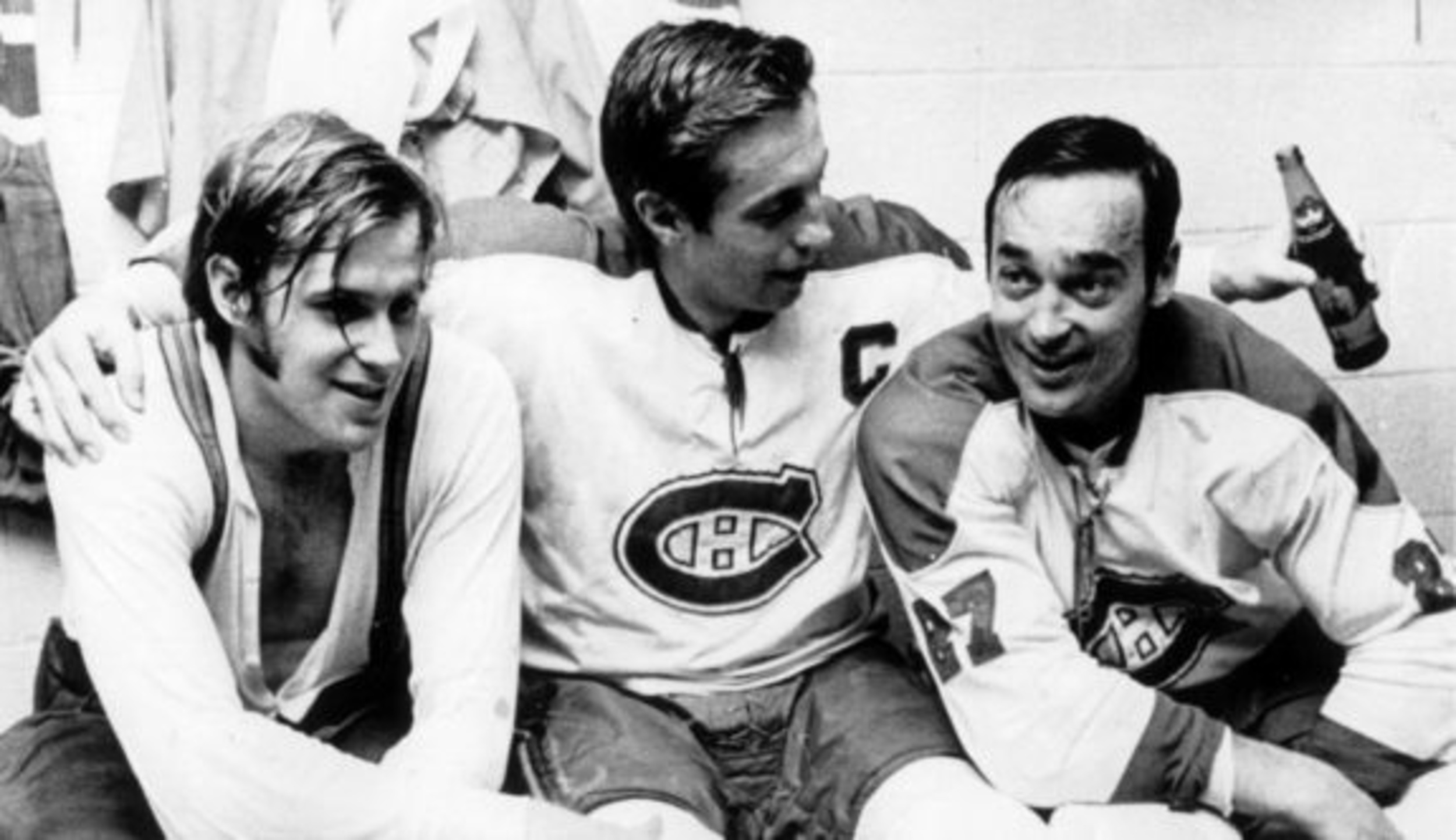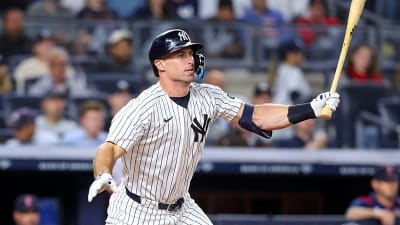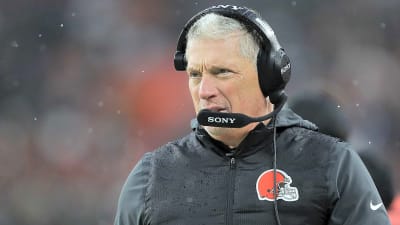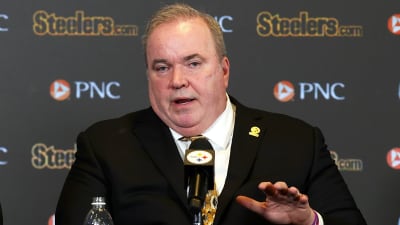
Some trades are just bad. Others quietly reshape the future. In 1964, the Boston Bruins used the 14th overall pick to draft a lanky teenager from Ontario named Ken Dryden. A few weeks later, they shipped his rights to the Montreal Canadiens for two players who never played a single NHL game. It didn’t make headlines. But that deal helped build a dynasty—in Montreal, not Boston.
The Trade That Didn’t Seem Like Much—Until It Was
Dryden didn’t head straight to the NHL. He chose college, studying at Cornell and working on a law degree while dominating NCAA hockey. By the time he debuted for the Canadiens in 1971, he was already something different.
After just six regular-season games, Dryden stepped into the playoffs and stole the show. He led Montreal to a Stanley Cup and won the Conn Smythe Trophy as playoff MVP—before he’d even played a full NHL season. Over the next eight years, he won six Stanley Cups, five Vezinas, and posted one of the best career save percentages ever. He wasn’t flashy. He was just better—especially when it mattered most.
If Boston Had Kept Dryden, the ’70s Would Have Looked Very Different
The Bruins in the 1970s had no shortage of firepower. Bobby Orr, Phil Esposito, Johnny Bucyk, and Wayne Cashman made them a juggernaut. They won Cups in 1970 and 1972 and looked built to run the decade. But whenever they ran into Montreal, they ran into Dryden.
From 1971 to 1979, the Canadiens eliminated Boston time after time in the playoffs. Dryden was the wall they couldn’t break through. And the painful part? He was supposed to be theirs.
Let’s rewind. What if the Bruins had held onto Dryden? Now you’ve got the league’s most dangerous offense paired with elite goaltending. That’s not just a contender—that’s a full-blown dynasty. With Dryden between the pipes, Boston likely flips a few of those playoff losses into championships. Three more Cups? Maybe four? It’s not a stretch.
And Montreal? Without Dryden, would they have dominated the late 1970s? Hard to see it. The ripple effect is massive. Scotty Bowman’s legacy changes. Guy Lafleur’s big-stage moments? Fewer of them. The entire feel of hockey’s most storied rivalry shifts—all because of one early-summer trade.
One Bruins’ Trade. No Return. All Regret.
Boston didn’t just trade away a future Hall of Famer. They got nothing in return. Dryden went on to become one of the greatest goalies in league history—and the exact kind of player Boston lacked in their biggest postseason heartbreaks.

Even decades later, the deal still gets mentioned on fan forums and worst-trade lists. Not because it was dramatic—but because it was quiet, and devastating in hindsight. Watching Dryden lift Stanley Cup after Stanley Cup, often at Boston’s expense, made it feel personal. He wasn’t just a legend. He was the one who got away.
What Happens to Dryden—and Hockey History?
There’s one more layer. Dryden wasn’t your typical player. He took a year off mid-career for law school. He later became a bestselling author, a Canadian politician who served his country, and a voice for change in the sport.
Would that same story unfold in Boston’s environment—intense, blue-collar, results-driven? Maybe. Maybe not. But one thing’s for sure: it would’ve altered his legendary story. And the Bruins’ story, too.
The Bruins’ Ultimate “What If” Moment
Every franchise has a moment it would take back. For the Bruins, it’s not just injuries or near misses. It’s the trade no one paid attention to—the one that sent Dryden to Montreal before he ever pulled on the spoked-B. It wasn’t just a missed opportunity, it was a turning point.

Without Dryden, the Habs might not have built one of the greatest dynasties in sports. With him, the Bruins might have become one. Hockey fans live for the big moments. But sometimes, it’s the quiet ones—the ones buried in the back pages—that leave the most significant mark.
And for Boston, this was one of them.
More must-reads:
- Most expensive food item at Super Bowl LX is a behemoth of a burger
- Drake Maye extends ugly Tom Brady streak in Super Bowl
- The 'Super Bowl halftime show artists' quiz
Breaking News
Trending News
Customize Your Newsletter
 +
+
Get the latest news and rumors, customized to your favorite sports and teams. Emailed daily. Always free!








